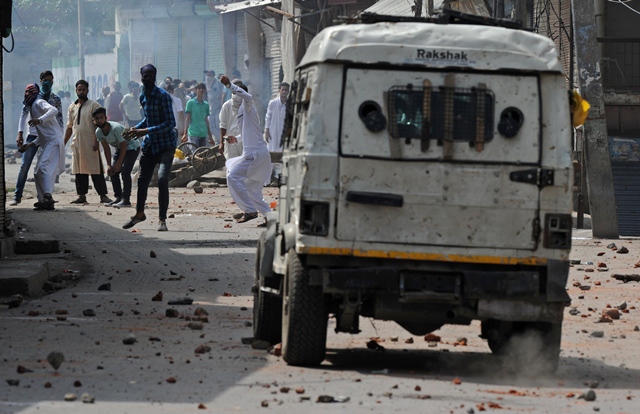
Meanwhile, Indian authorities continue to take an aggressive stance which has become even more evident in the wake of the Uri attack. No longer content with issuing threats to Pakistan, the Indian government now intends to gather evidence of Pakistan’s involvement in the attack in order to isolate the country from its international allies. In the immediate aftermath of the Uri attack there was talk of cross border retaliation, however, according to sources the Indian government now plans to use other options to pin the blame on Pakistan and exact retribution. The effects of this policy are already being felt. On September 21, two US lawmakers who are well known to be Indian lobbyists have moved a bill to declare Pakistan a “state sponsor of terrorism”. There is now an immediate need for both countries to make significant efforts to reopen diplomatic channels before this situation escalates any further. For the good of the Kashmiri people who are having to live through one of the worst periods of violence in recent times and for the collective good of both countries, diplomacy must be the only way forward. The international community too, must play its part in helping to improve relations between both countries rather than fuelling the fire over the coming few critical weeks.
Published in The Express Tribune, September 22nd, 2016.
Like Opinion & Editorial on Facebook, follow @ETOpEd on Twitter to receive all updates on all our daily pieces.

1725030039-0/Untitled-design-(2)1725030039-0-165x106.webp)










COMMENTS (5)
Comments are moderated and generally will be posted if they are on-topic and not abusive.
For more information, please see our Comments FAQ